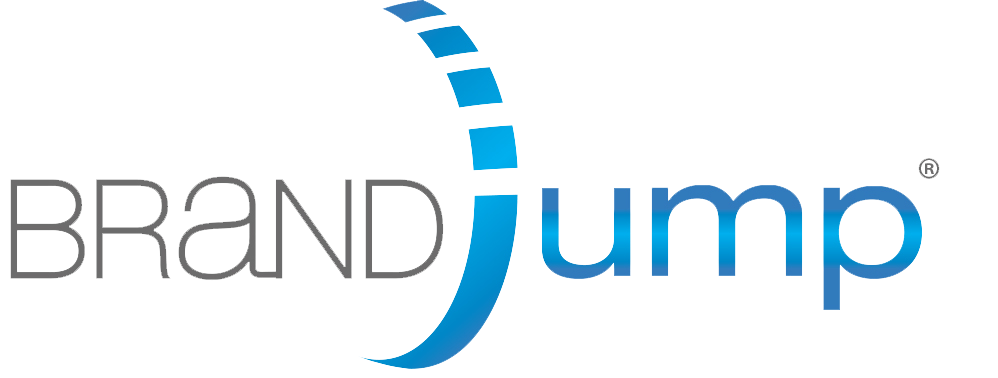Lessons Learned: Growth Strategies for 2022 and Beyond

Home furnishings manufacturers haven’t quite gotten off the rollercoaster that was 2021. The crises quickly stacked up: Pricing woes and the looming threat of inflation. Shipping and supply-chain challenges that led to months-long inventory issues. Staff shortages among the year’s “great resignation.” All while dealing more directly with the second year of a global pandemic.
“2021 was like Groundhog Day from 2020,” said Lorri Kelley, CEO and founder of Lorri Kelley Advisors, Inc. “There are things people thought would improve, whether staffing, component shortages, logistics. And they haven’t.”
As a strategic consultant and business adviser to many companies in the home furnishings industry, Lorri has observed these challenges firsthand. And while the last year has been taxing, it also offers lessons to be learned.
“Brands coming out on the other side of this will be so much stronger,” Lorri said.
Finding the lessons in each of these hardships is a way for business to set the stage for greater efficiency, growth and strategy in the future. Here are five takeaways:
Lesson #1: Employees make your business go ‘round.
No matter what your business is, you have to have people to make it run. And no company was immune to the “great resignation,” which led to staff shortages and low morale.
Thus: Making sure you’re taking care of your team is a priority for every business.
“If you don’t take care of your people, they aren’t going to take care of your customer,” Lorri said. Especially in remote work environments, businesses must find ways to facilitate collaboration and creativity to keep teams feeling connected and driving toward the same purpose.
Listening to your employees critical as well—Lorri suggests using anonymous engagement surveys to solicit feedback from the team and understand any outlying issues.
Lesson #2: Accept what is not in your control.
The pandemic has presented so many variables that manufacturers have zero control over, from being employees back to the office to getting goods delivered. All while manufacturers are still trying to keep businesses running.
“It’s super hard,” Lorri said. “Everyone is trying to figure out what this year looks like and what’s their 3-year plan. But no one even knows what will happen tomorrow.”
So what can you do? You simply cannot strategize around areas not in your control. So, find what you can control and shift your focus to those in order to keep your business profitable, healthy and growing.
Lesson #3: You must have a contingency plan.
“If the last year taught us anything, it’s to have a lot of contingencies in place as it relates to getting the parts and pieces that will let you assemble your products,” Lorri said. “have your footprint in multiple places.”
A back-up plan means if the factory you work with can’t deliver, you’ll have an option to transfer your manufacturing and avoid disruptions to your flow, inventory and presence in the market.
The contingency plan, Lorri said, is king now more than ever.
“You won’t be in business if you don’t have one.”
Lesson #4: Do not lose sight of the big picture.
A great business is very strategic. Despite the many tactical issues that cropped up, leaders must maintain a strategic mindset to keep moving forward.
That might mean finding new channels for distribution, doing more with your current customers, or learning how to do what you do now, better.
“It requires forward thinking,” Lorri said. “You cannot take your eye off the ball of focusing on business growth.”
You will be at a tremendous disadvantage if you do. If something happens to one of your channels and you don’t have a way to fill that business in, you will be at risk.
Lesson #5: See the opportunity.
Smart businesses can take a crisis and turn it into an opportunity to be better and more efficient.
“Crisis forces you to find better ways to do what you do,” Lorri said. “Most companies do this in a downturn, except now everyone is in the same downturn. But the opportunity is still there.”
Many companies are hesitant to change because there’s legacy in its operations, strategy and management. Investing in ecommerce is a great example—it is often difficult to diversify those traditional strategies that are heavily weighted in brick-and-mortar retail.
But Lorri said now is the perfect time for businesses to embrace change.
“Navigating through all of these challenging times will really help every single part of your business if you choose to let it,” Lorri said.
Some of these challenges are seeing improvement and others are far from over—but eventually we will be on the other side of the pandemic and the many curveballs it brought the home furnishings industry.
“This too shall pass,” Lorri said. “I don’t know when, but when it does, you have to be ready.”
